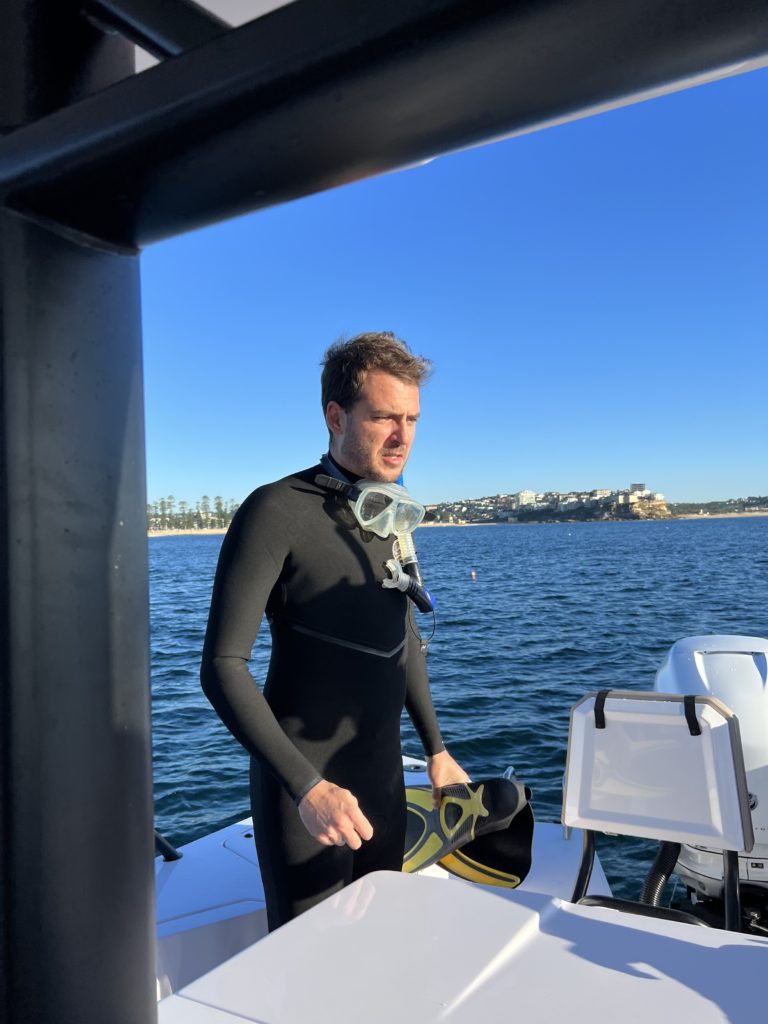Following the recent announcement that shark nets will be introduced at Central Coast beaches for the coming Summer season, Humane Society International and the Envoy Foundation have joined forces to launch a campaign to ensure they do not reappear next year.
Humane Society marine biologist, Lawrence Chlebeck, said the groups were eager to work with the State Government to phase out the nets and educate the public on their lack of efficiency.
NSW Shark Net Data for 2022/23 reveals that 84 per cent of wildlife caught in the nets on the Central Coast during the period were non-target species.
Of these, 65 per cent were killed, including 11 grey nurse sharks, one dolphin, three turtles and two seals.
“A lot of non-government organisations, as well as many politicians from across the spectrum, are pushing for the cessation of the use of shark nets,” Chlebeck said.
“Shark nets are not the solution.
“We have had DRUM lines for close to 10 years and there are drones at every LGA where the nets are to be installed.
“The government should be embarking on a significant campaign to phase out these nets.
“Claims they are still needed for data collection are simply a delaying tactic.
“The government knows as well as we do that nets do not reduce the chance of shark bite.
“The public needs to be educated on environmental concerns surrounding them.
“Marine animals are falling victim to them, including critically endangered grey nurse sharks as well as stingrays and dolphins.
“No one wants to see them pay the price.
“A proportion of the population thinks these nets are reducing incidences of shark bite and the government needs to be open and honest and make a final call.
“They should be introducing a phase-out at the very least.”

Based at Humane Society International at Avalon on the northern beaches, Chlebeck said marine life was already facing threats from plastic pollution and over-fishing, along with climate change-related problems.
“Many species which are critical cogs in our ecosystem are at high risk of collapse due to the massively pervasive threats to our oceans,” he said.
“We need to change things that are no brainers such as abolishing shark nets and encouraging sustainable seafood options.
“We also need to start building resilience to handle threats beyond our control such as climate change.
“We can all make simple choices in our lives to help build that resiliency to give these species such as marine turtles and grey nurse sharks the best chance to live and thrive.
“We depend on these species for healthy fish stocks.”
Terry Collins



